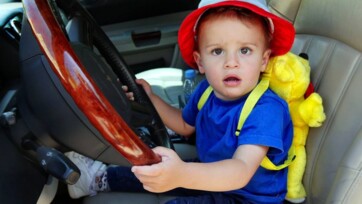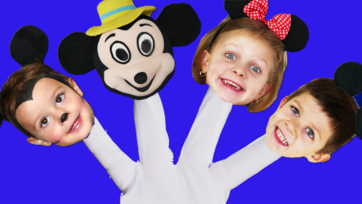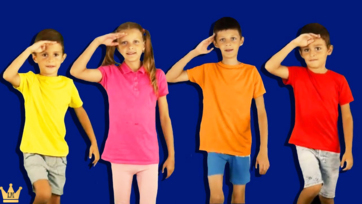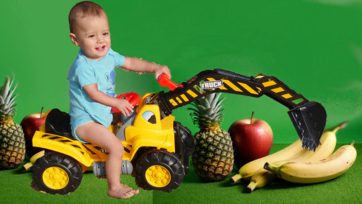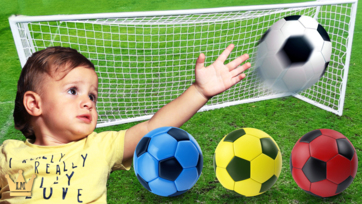1. Home Safety
One of the first concerns for parents is how to make their home baby-proof.
-
Stairs and doors: install safety gates by 6–8 months, when babies begin to crawl.
-
Furniture: anchor heavy furniture to the wall to prevent tipping.
-
Sockets and cords: use socket covers and keep cords out of reach.
-
Chemicals and medicine: always store in locked cabinets.
2. Safe Sleep
Sleep safety is among the most frequently asked topics.
-
Position: always place babies on their backs to sleep.
-
Crib: firm mattress, no bumper pads, pillows, or heavy blankets.
-
Preventing SIDS: keep the crib empty of items that could cause suffocation.
-
Bedtime routine: soft music, lullabies, or bedtime stories help babies feel secure.
3. Traveling with a Baby
-
Car seat: required from birth; rear-facing until at least 15 months.
-
Flying: short flights may be fine from 3–6 months, longer trips are easier after 1 year.
-
Travel essentials: always carry diapers, extra clothes, bottles, and a small first aid kit.
4. Feeding and Eating Safety
-
Breastfeeding or formula: ensure clean bottles and proper temperature.
-
Solid foods: introduced from around 6 months, always cut into very small pieces.
-
Choking hazards: avoid nuts, grapes, popcorn, and raw hard vegetables before age 3.
-
High chairs: always use safety straps, never leave baby unattended.
5. Bathing and Water Safety
-
Water depth: just a few centimeters can be dangerous, never leave a baby alone.
-
Temperature: 36–37 °C (96–98 °F) is safest.
-
Bathroom safety: use non-slip mats and a baby bathtub.
-
Pools and sea: always stay within arm’s reach, with floatation devices if needed.
6. Toys and Playtime
-
Age-appropriate toys: check the manufacturer’s recommendation.
-
Small parts: avoid for children under 3 due to choking risks.
-
Play areas: safe play mats, playpens, and outdoor spaces with shade are best.
-
Supervision: even safe toys require parental presence.
7. First Aid and Health
-
First aid kit: thermometer, baby pain reliever, antiseptic, bandages.
-
Fever: consult a doctor if babies under 3 months have a fever over 38 °C (100.4 °F).
-
Accidents: monitor after falls; see a doctor if symptoms appear.
-
Medical checkups: always ensure vaccinations are up to date before travel.
Final Thoughts for Parents
Parents most often ask about home safety and sleep, but feeding, bathing, traveling, and play are just as important. The best protection is always parental supervision and presence – no gadget or safety tool replaces the care and attention of a loving parent. By being proactive, you can create a safe and happy environment for your child to grow and thrive.

